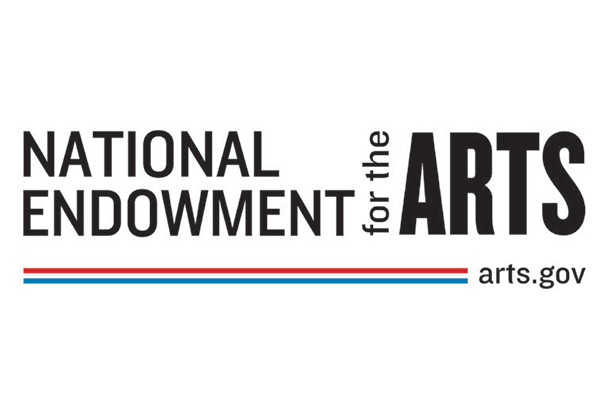Funding for Studying the Value and Impact of the Arts
Submit a grant application to the National Endowment for the Arts by October 3, 2019

Psychological scientists interested in researching the value and impact of the arts should apply for grant funding through the National Endowment for the Arts (NEA). Two grant opportunities with upcoming deadlines are available.
These grant opportunities are provided by NEA’s Office of Research & Analysis, whose mission is to support research that investigates the value and impact of the arts as individual components of the US arts ecology or as they interact with each other or with other domains of American life. These grants are aimed at increasing the relevance and significance of arts-related research to policy and practice. Further information is available here.
NEA offers grants along two different tracks:
- Track One: Value and Impact. These are matching grants ranging from $10,000 to $30,000 for research projects that aim to examine the value and impact of the arts in any topic area by using data and methods appropriate to the proposed research questions.
- Track Two: Experimental and Quasi-Experimental Designs. These are matching grants ranging from $30,000 to $100,000 for research projects that aim to test the causal impact of the arts on individual or cohort outcomes by using experimental or quasi-experimental design methods appropriate to the proposed research questions.
Note that these grants are matching grants, which means that they require a cost share or match of funds from outside of the federal government of at least 1 to 1.
To read about other research recently supported by NEA, click here.
Grant applications should be submitted to Grants.com on October 3, 2019, and then to an NEA applicant portal between October 8-15, 2019.
To learn more about NEA’s Research Grants in the Arts program and to apply, click here.
NEA’s Office of Research & Analysis was present at APS 2019 in Washington, DC. Stay tuned for ongoing coverage of the government and science policy programs at APS Conventions online and in the APS Observer.





APS regularly opens certain online articles for discussion on our website. Effective February 2021, you must be a logged-in APS member to post comments. By posting a comment, you agree to our Community Guidelines and the display of your profile information, including your name and affiliation. Any opinions, findings, conclusions, or recommendations present in article comments are those of the writers and do not necessarily reflect the views of APS or the article’s author. For more information, please see our Community Guidelines.
Please login with your APS account to comment.